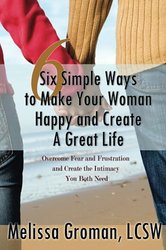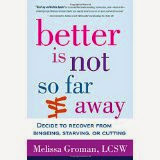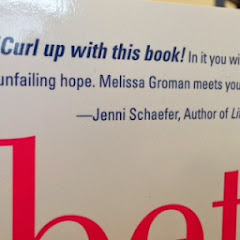 She was not referring to abuse. And how we define abuse can vary. Our discussion was about this common dynamic between many couples:
She was not referring to abuse. And how we define abuse can vary. Our discussion was about this common dynamic between many couples:
The woman does not feel loved or loved enough. The man does not feel respected or trusted enough. (And this plays a part in him not being able or willing to convey the right feeling to her).
Because she does not feel loved she may act in a way that feels
angering or criticising or distancing to the man. The man then does not step up and show
Sometimes, all she wants is some kind words or simple actions. Some reassurance that he does love her, that she is safe with him, that he wants to take care of their relationship, and of her. That she and their relationship is his priority. Sometimes he needs some help knowing how to do this, and she does not want to have to spell it out for him. She gets frustrated that he does not just intuitively know. He feels like a failure for not knowing and he either backs up further or he gets angry and then withdrawals even further, giving her even less of what she wants. Seemingly, this confirms her fears that she does not matter to him.
Often, women want or expect their man to continue to know how and to give them the loving feeling they long for even if the woman is doing or saying things that make the man feel angry, frustrated or hurt. As if he should ignore his feelings (or not have them) and always feel like giving her the love she needs, no matter how she acts or what she says or does.
So that's one dynamic. There are so many others of course. (Stay tuned). And what's the answer? Well, in part, it's this: We can survive feeling angry and hurt and work it out if we are willing to look not just at what our partner has done, or is doing wrong, or that hurts us, but what the dynamic is in the couple. And it is possible to find relief by looking at what we long for and how we help ourselves get it or not get it.
And from there, how to help our partners step up so that everyone can get more of what they want and need.
We often have the idea that if we are angry, we cannot stay. That we cannot live with other people's character issues, mistakes or wrongdoings, that somewhere out there is a person who will not ever make us angry or neglect us or hurt us. But often when we work on unpacking our longings, wishes and beliefs, we may find new ways of dealing with old ideas that leave us so much more fulfilled than we ever thought possible. And we can save and nourish our relationships in a much deeper way.











